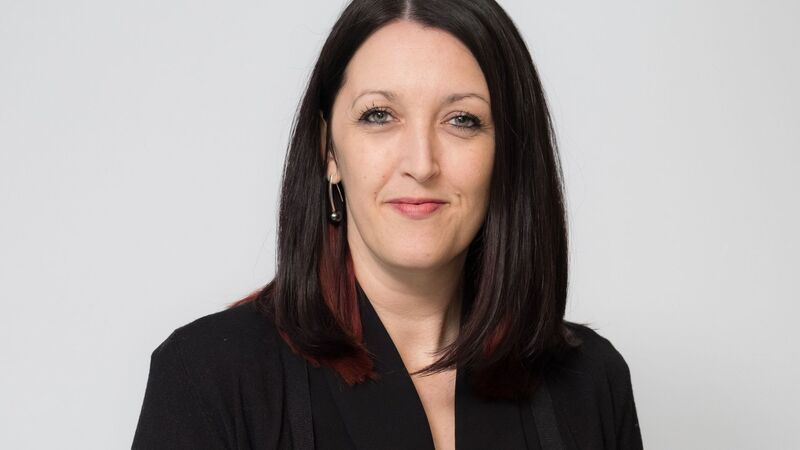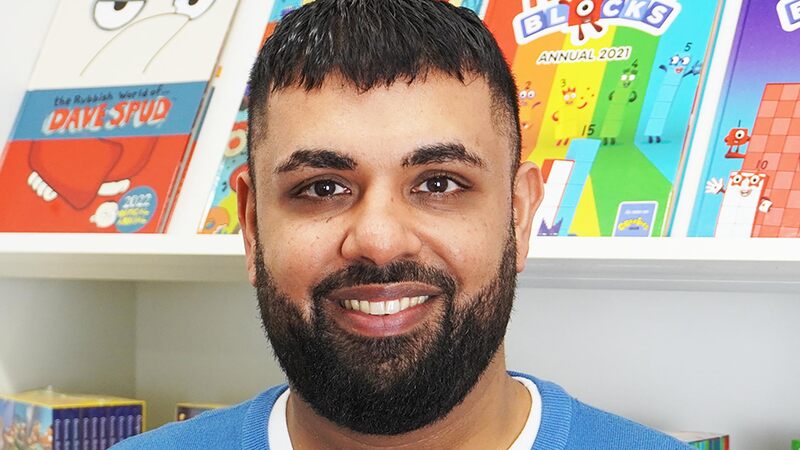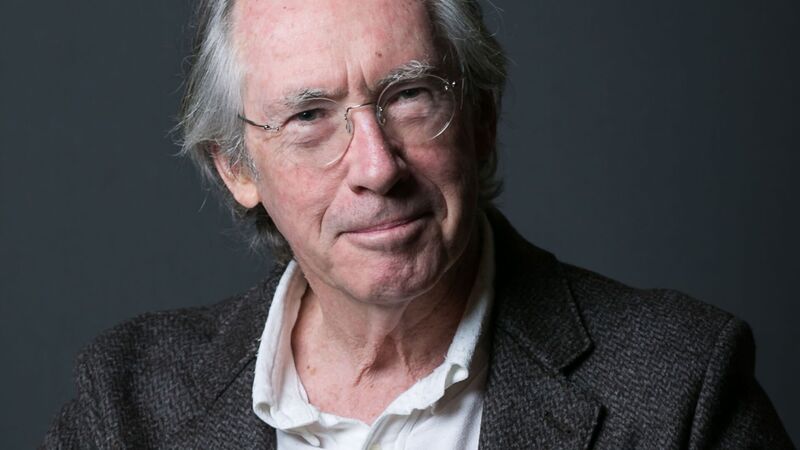You are viewing your 1 free article this month. Login to read more articles.
People like you
Ian McEwan’s well-reviewed new book Machines Like Me imagines a future in which mathematician Alan Turing lives and, having served a jail term for homosexuality, devises the algorithms that advance Artificial Intelligence (AI) and form the basis for a first batch of androids. Unnoticed so far is McEwan’s contribution to the Open Access (OA) movement: this fictional Turing insists on publishing his early work only in open-source journals, leading to the collapse of journals Nature and Science, but giving the “entire world” freedom to exploit his work.
With God absent, McEwan appears to argue that it is this free access which acts as the catalysing “Big Bang” to make this future possible. It is not just a throwaway line either, but central to the book’s thesis—his androids learn through their own unfettered access to the internet.
The popularising of the view that paywalls and subscription-based services, which work hand-in-hand with copyright to underpin the creative sectors, hinder learning and scientific discovery should worry people like you. I don’t pretend to know McEwan’s mind, but the argument as presented in the novel comes direct from the OA advocate playbook. “No science should be locked behind paywalls” is the mantra of those behind “Plan S”, an initiative that aims to make publicly-funded research freely available.
There is a similar case being made about educational materials right now. Meanwhile, the European Copyright Directive was damned for attempting to censor the internet, rather than, as it does, making websites police uploads.
Copyright has long been under threat, with new technologies bringing novel challenges to a set of rules not always universally applied and subject to limits and exceptions (often well-exploited by internet giants such as Google and YouTube). However, copyright law has proved not only to be legally robust but also, as Francis Gurry, director-general of WIPO tells us, effective at both a macro and granular level, as evidenced by the Marrakesh Treaty that will improve access to books for blind people. For publishers, rather than bat back OA demands, many now offer hybrid arrangements that allow for it.
That said, the bigger challenges around issues of how new technologies impact copyright may be just around the corner. As Gurry asks, if an algorithm ingests published work in order to create a new work, has it breached the rules? Think this feels farfetched? Springer Nature has just published a machine-generated book on chemistry, based on using code to select, consume and process relevant publications, sourced from its own content platform.
In Machines Like Me, the struggle of these reasonable robots to come to terms with the idiosyncrasies of humanity provides the melancholy backdrop.
One might deduce that what they need is an editor to judge what is important and filter out the piffle. People like us, publishing books like this, are central to the debates about how we organise the words of tomorrow—McEwan is right about the importance of the role, and right to challenge how we do it.

















